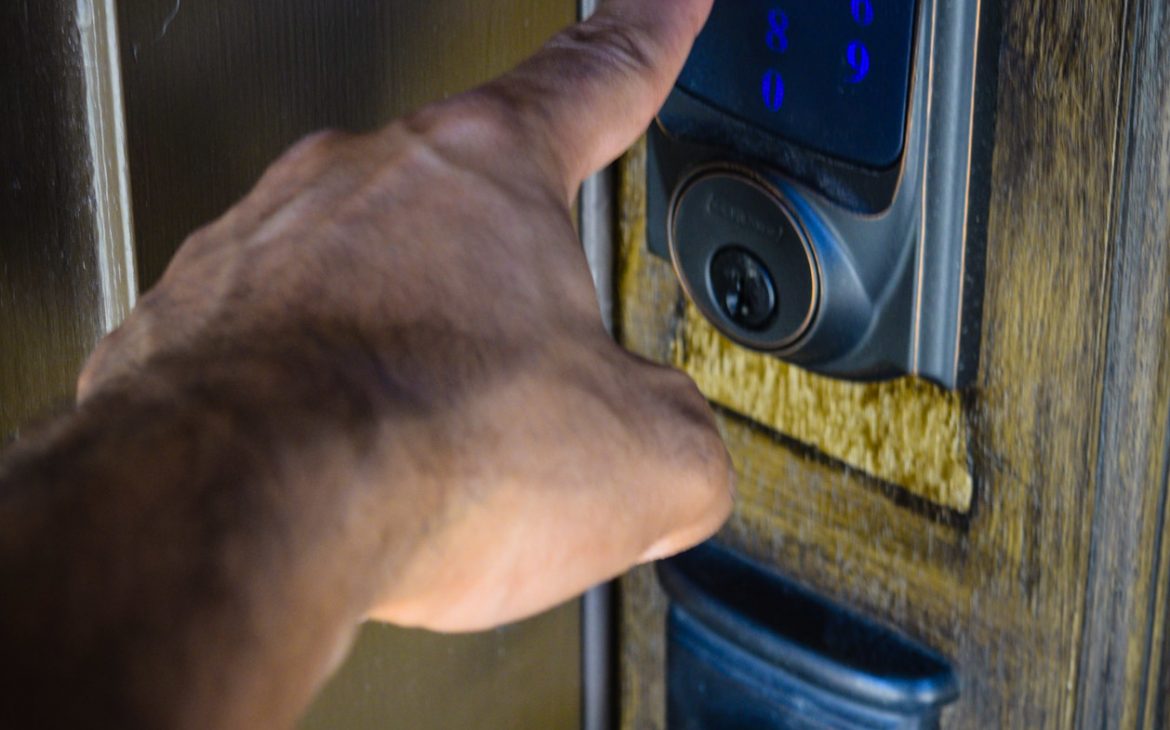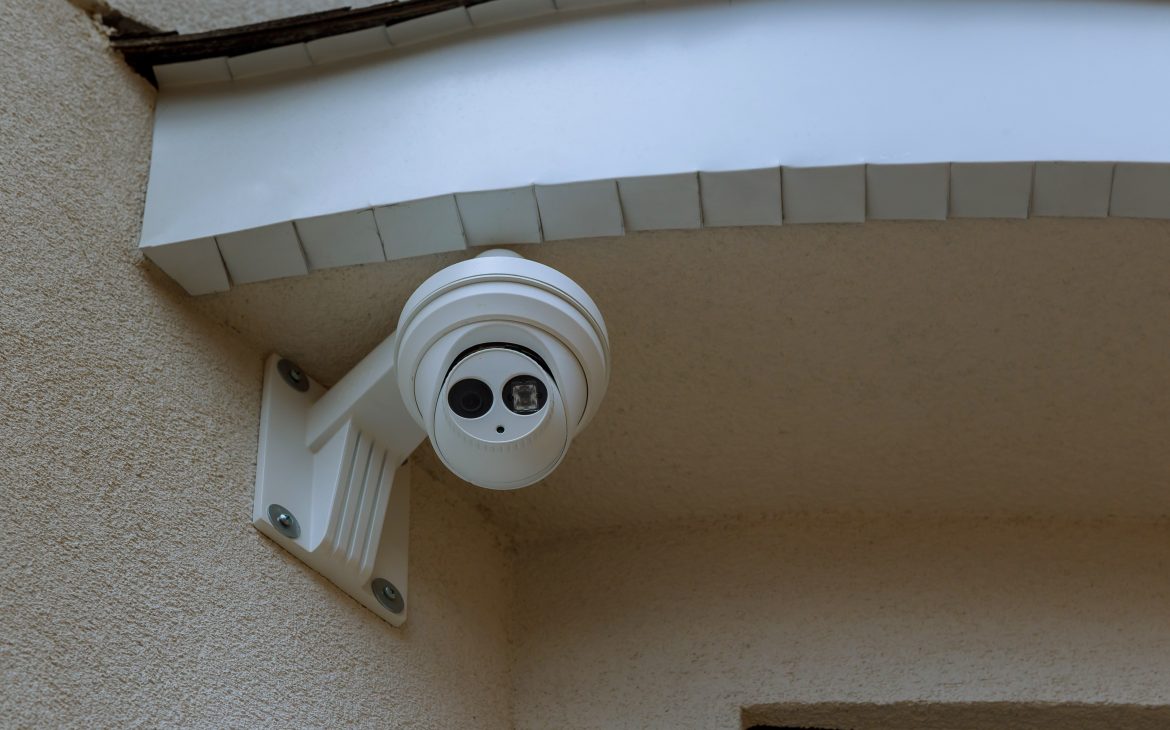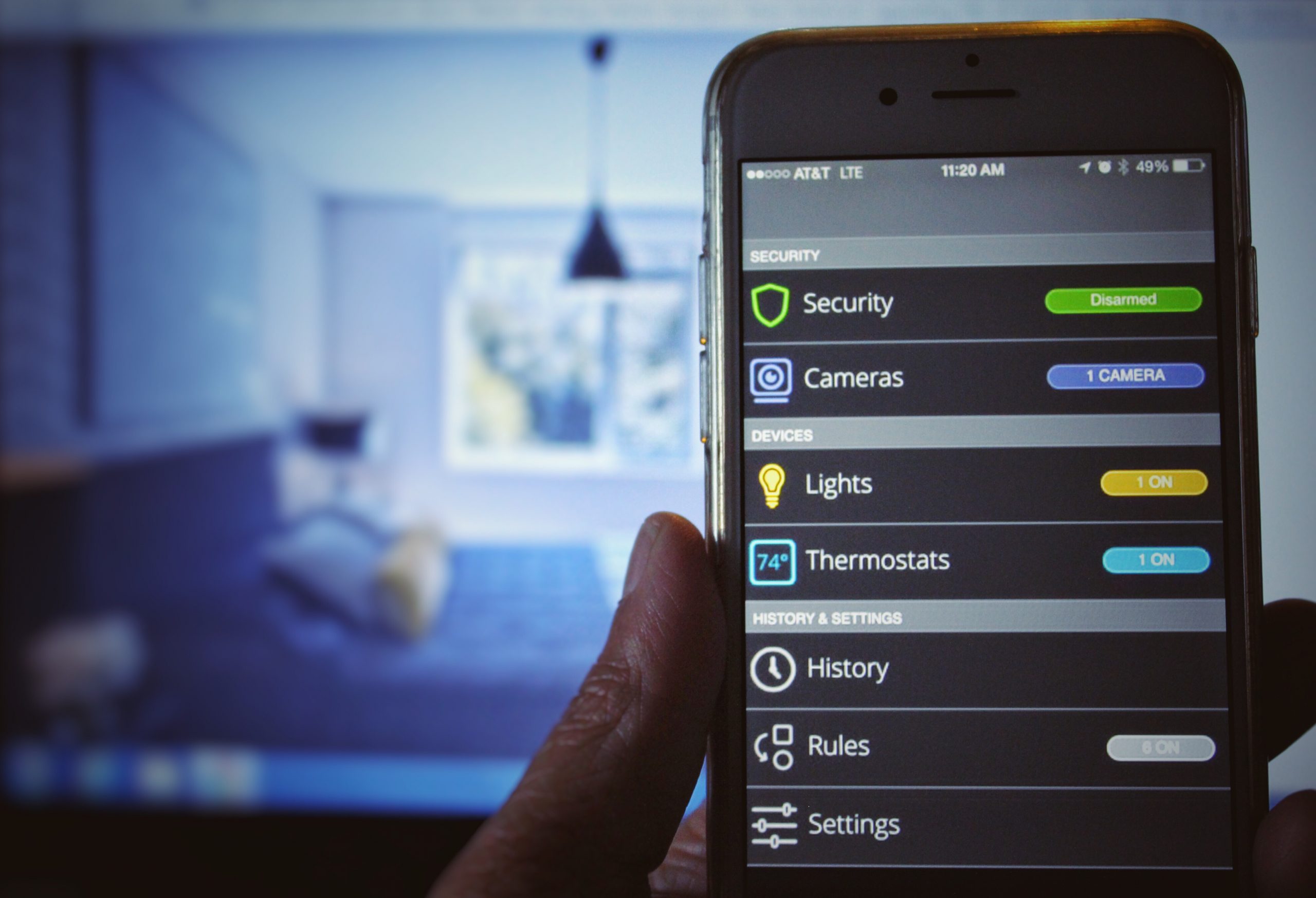Home Security starts from locks and you must think which lock should you pick is a very crucial factor.
While it’s challenging to protect the home from professional thieves, most home burglaries are conducted by amateurs. These thieves are more easily destroyed if you employ some of the following simple security precautions and tips:
You must plan to “burglarize” yourself and your home. You’ll discover many weaknesses in the security system of the house that may have previously been escaping your notice.
Lock up the home, even if you go out only for a short time. Many burglars walk in through an unlocked door or window.
Change all the locks when you move and start living in a new house. For the most effective alarm system, you must conceal all the wiring. A professional burglar looks for places where the disconnection of the security system be done.
Your house must appear occupied at all times around the day, i.e., 24×7. Use timers to switch on and off lights and radios during the day when you’re not at home or your children are alone at home.
If you have a faulty alarm that frequently goes off, get it fixed immediately and tell your neighbors that it’s been repaired. Many people ignore a warning that goes off periodically, leaving that possibility for the thieves to use it as an ignoring factor for the neighbors during an emergency.

A spring-latch lock is one of the natural prey for the burglars who are also “loiding” experts. Loiding is the technique most commonly used by the burglars of slipping a plastic credit card or a scale against the latch tongue to press it and thereby unlocking the door.
A deadbolt defies any attack of such an extent. It is vulnerable when there is enough space between the door and the frame connected with it. It allows the intruder to use power tools or a hacksaw for easy to go through.
If you lose the keys of the door, change the locks immediately, rather than making a new key duplicate for the old door lock.
Before turning the house key for several hours over to a professional house cleaner, you must make sure the person whom you are trusting with keys, is reputable and honest as well as hardworking.
Check all references of the person thoroughly. If the house cleaner or private personnel is from a firm, call your local Bureau to check on the firm’s reputation of the person.
Instead of keeping a spare key under the doormat, in a mailbox, on a nail behind the garage, or wrap the key in foil — or put it in a 35mm film can to be buried where you may easily find it when you need it.
You must not leave notes for family members or service people on the door. These acts of yours will work as a welcome gesture for a burglar.
If the entrances to the home are dark, you must consider installing lighting with the infrared detector. All the thieves don’t want to be observed trying to get in a door or inside a house. Talk to your neighbors about any of the suspicious activities, people, or strange cars you notice lurking around your surroundings.
If you want to keep the tools from being stolen, you must paint the handles. Thieves avoid easily identifiable items. Trees located near the windows or shrubbery that might shield a burglar from view can be major flaws in your home protection plan.

Consider the landscaping plan in light of the new and urgent protection needs. You must ask for credentials from any of the sales-person who requests entry into your home. Ask that their ID should be pushed under the door. Many professional burglars use this cover to check outhouses. If you are a bit doubtful, you must check with the person’s office before letting him in your home.
You must not list the full name on the mailbox or the entry in the telephone book of your home. Use only the initials and the last name or surname.
If someone comes to the door pleading to use the phone the police or to call a mechanic, keep the door locked and make the call yourself.
Dogs are good deterrents to burglars. Even a small, noisy dog can be active — burglars do not like to have attention drawn to their presence. Be aware. However, obedience training and attack training are entirely different, and trained guard dogs do not make good pets. And only former types of dogs are appropriate for a house pet.

Securing Doors
To help burglar-proof your home and surroundings, install 1-inch throw deadbolt locks with all exterior doors of the houses.
A door with considerable space between the door and the frame gives an invitation to the burglar to use a jimmy for the situation. They are reinforcing the door with the panel of a 3/4-inch piece of sheet metal or plywood.
If there are some door hinges on the outside of the house, take down the door and reset the straps inside. Otherwise, all the thieves have to do and gain entry into the home is to knock out the hinge pin.
You can make a burglar-proof glass patio door by setting a pipe or a metal bar in the middle bottom track of your door slide. The pipeline should be the same length as the track. A metal bar or pipe or may be used to the burglar-proof patio door.
It will be easier for the burglar to pry through rot doors. Replace all the rotted door frames with new or solid wood.
It will be comfortable for a thief to break glass panels to reach inside and can open a doorknob from the inside. The old door with glass panels must be either replaced, fortified, or secured with deadbolts, which may only be opened with the given key.
Securing the Windows
They are protecting the windows with one or more safety locks, burglar-resistant glass, an alarm system, or many panes instead of a large area of glass.
While installing the window lock, you must drip some molten solder on the screw heads. This will stop a burglar from unscrewing the bolt after cutting a small hole through the windowpane.
In the following paragraph, let us focus on the extraordinary steps to take to keep your home secure while you’re away.
Garage and Home Security
Garages present particular challenges for home security. Here are a few tips to keep the garage secure.
If you frost or cover the garage windows, burglars won’t be able to tell if the car is gone.
The door of the garage must be kept closed and locked even when the car is there in the garage.
You must install a peephole in the door that separates the house from the garage. So when you hear suspicious sounds, you can check without opening the door.
